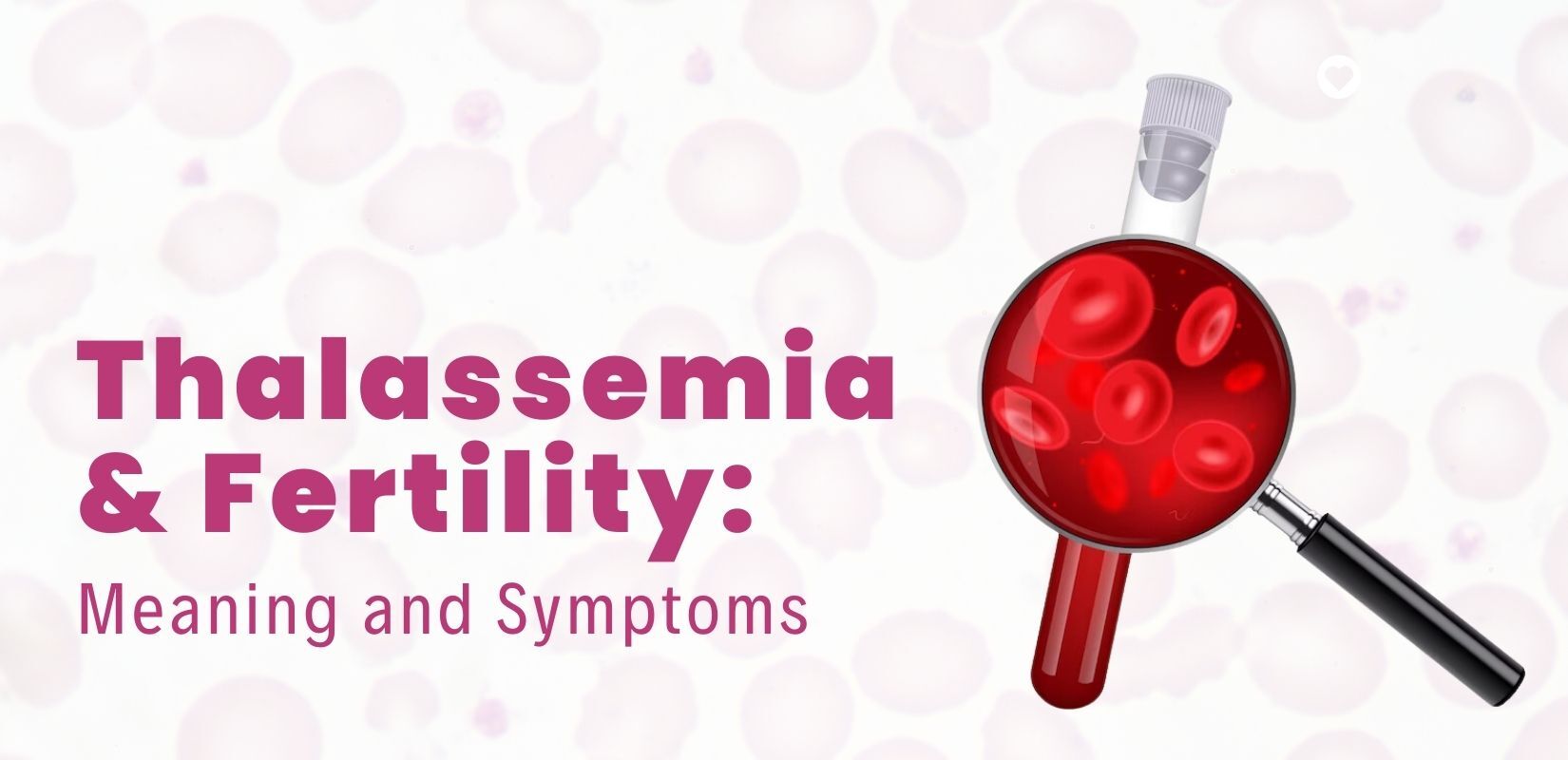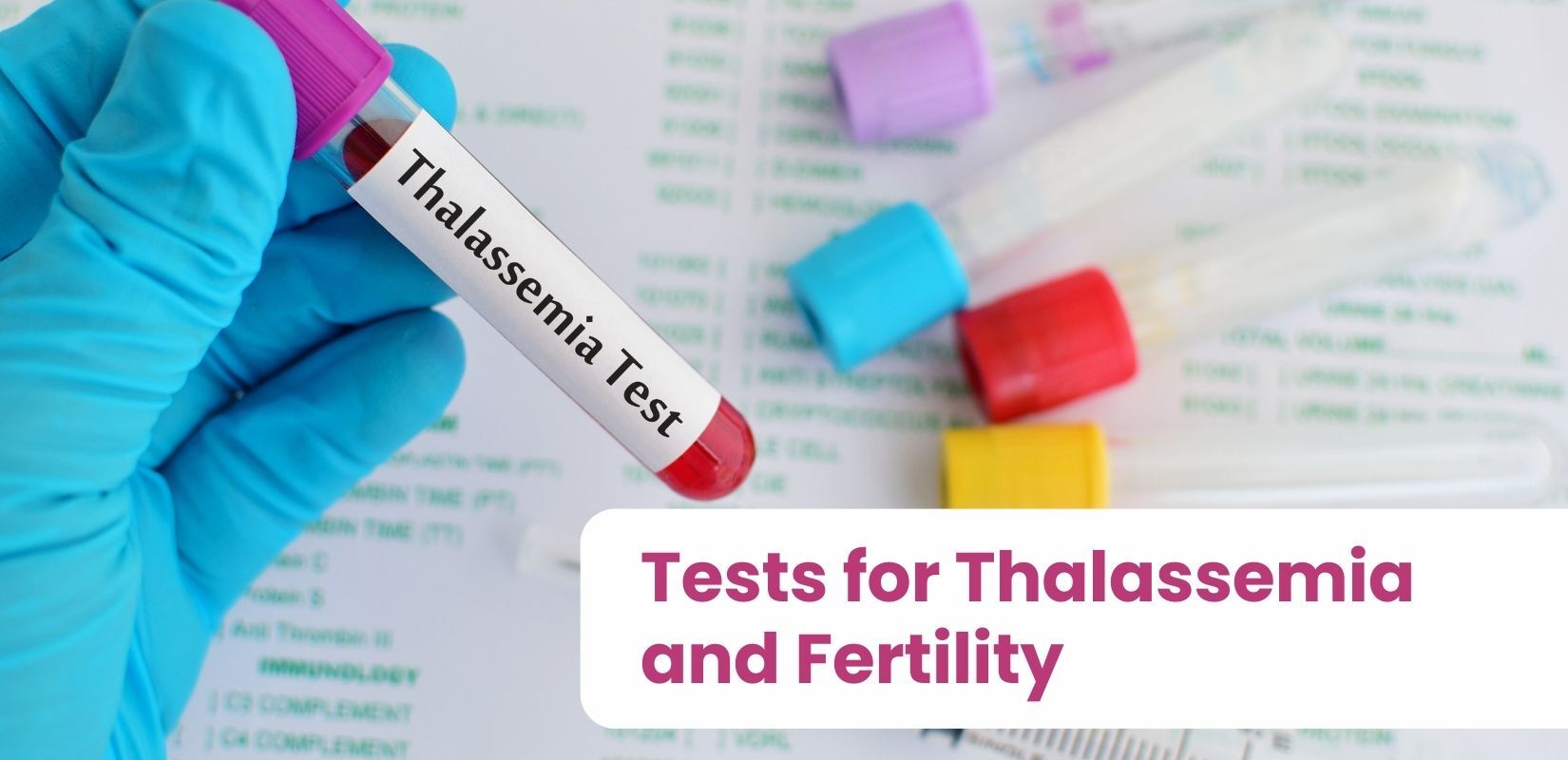
Thalassemia is an inherited blood disorder that impacts the synthesis of hemoglobin within the body. Hemoglobin is an essential protein in red blood cells that carries oxygen from the lungs to the rest of the body. People with thalassemia have lower levels of hemoglobin than those without the condition, leading to anemia and other health complications.
Thalassemia can be passed down from either one or both parents through the inheritance of specific genetic traits. If both parents carry the thalassemia gene, their child has a higher chance of inheriting the condition. Thalassemia can be mild or severe, depending on the type and number of genes affected.
Thalassemia symptoms vary based on the type and severity of the condition. Individuals with mild thalassemia might not manifest any symptoms, whereas those with severe thalassemia may necessitate lifelong medical care. Typical indications of thalassemia encompass fatigue, weakness, pale skin, jaundice, shortness of breath, and an enlarged spleen.
Thalassemia can also have an impact on fertility. In the next section, we will explore the causes of thalassemia and how it affects the reproductive system.
Thalassemia is caused by genetic mutations that affect the production of hemoglobin in the body. The condition is more prevalent in people of Mediterranean, African, and Asian descent. The risk of thalassemia is higher in families with a history of the condition.
Thalassemia can have an impact on the reproductive system, especially in people with severe thalassemia who require lifelong medical treatment. The condition can affect hormone levels and disrupt the menstrual cycle in women. Men with thalassemia may also experience infertility due to low levels of testosterone.
In addition, thalassemia can increase the risk of pregnancy complications in women. Women with thalassemia may experience complications such as pre-eclampsia, preterm labor, and low birth weight. In the next section, we will explore the different types of thalassemia and their respective symptoms.
Thalassemia comprises two primary types: alpha thalassemia and beta thalassemia. Alpha thalassemia results from gene abnormalities that affect the production of alpha globin, while beta thalassemia occurs when there are issues with the genes responsible for beta globin production.
Alpha thalassemia can be classified as silent carrier, alpha thalassemia trait, hemoglobin H disease, and hydrops fetalis. People with silent carrier and alpha thalassemia trait may not experience any symptoms, while those with hemoglobin H disease and hydrops fetalis may require lifelong medical treatment.
Beta thalassemia can be classified as thalassemia minor, thalassemia intermedia, and thalassemia major. Thalassemia minor is a mild form of beta thalassemia that may not require any treatment. Thalassemia intermedia is a moderate form of beta thalassemia that may require occasional blood transfusions. Thalassemia major is a severe form of beta thalassemia that requires lifelong medical treatment, including regular blood transfusions.
The symptoms of thalassemia may vary based on the type and severity of the condition. Typical indications of thalassemia encompass fatigue, weakness, pale skin, jaundice, shortness of breath, and an enlarged spleen.
In the next section, we will explore how thalassemia is diagnosed and the tests that are available to diagnose the condition.
Thalassemia can be diagnosed through a combination of physical exams, blood tests, and genetic testing. A doctor may perform a physical exam to check for symptoms such as an enlarged spleen. Blood tests can be used to measure the levels of hemoglobin and red blood cells in the body. Genetic testing can be used to confirm a thalassemia diagnosis and determine the type and severity of the condition.
Prenatal testing can also be used to diagnose thalassemia in unborn babies. The diagnosis of thalassemia can be achieved through chorionic villus sampling (CVS) or amniocentesis. CVS involves taking a sample of the placenta, while amniocentesis involves taking a sample of the amniotic fluid. These tests can confirm whether a fetus has thalassemia and determine the type and severity of the condition.
In the next section, we will explore the different tests that are available to diagnose thalassemia and its impact on fertility.

There are several tests available to diagnose thalassemia and its impact on fertility. These tests can include blood tests, semen analysis, and hormone tests. Blood tests can be used to measure the levels of hemoglobin and red blood cells in the body. Semen analysis can be used to determine the quality and quantity of sperm in men with thalassemia. Hormone tests can be used to measure hormone levels in women with thalassemia and determine if there are any issues with ovulation.
In addition, preconception counseling can be beneficial for people with thalassemia who are considering starting a family. This can involve a discussion of the risks and potential complications of pregnancy, as well as options for fertility treatments such as in vitro fertilization (IVF) or donor sperm.
In the next section, we will explore the different treatment options available for thalassemia and its impact on fertility.
The treatment options for thalassemia depend on the type and severity of the condition. Mild thalassemia may not require any treatment, while severe thalassemia may require lifelong medical treatment.
Blood transfusions can be used to treat severe thalassemia by replacing the deficient hemoglobin with healthy red blood cells. However, frequent blood transfusions can lead to an iron overload in the body, which can cause additional health complications.
Iron chelation therapy can be used to remove excess iron from the body and prevent iron overload. This can involve taking medication or undergoing a procedure to remove excess iron from the body.
In addition, fertility treatments such as IVF or donor sperm can be used to help people with thalassemia conceive. These treatments can help bypass any fertility issues caused by thalassemia and increase the chances of a successful pregnancy.
In the next section, we will explore the importance of genetic counseling for people with thalassemia.
Genetic counseling can be beneficial for people with thalassemia who are considering starting a family. This can involve a discussion of the risks and potential complications of pregnancy, as well as options for fertility treatments such as IVF or donor sperm.
In addition, genetic counseling can help people with thalassemia understand their risk of passing the condition on to their children. Genetic testing can be used to determine whether a person carries the thalassemia gene and the likelihood of passing it on to their children.
Genetic counseling can also help people with thalassemia make informed decisions about family planning and reproductive options. This can include discussions of adoption, surrogacy, or the use of donor eggs or sperm.
In the next section, we will explore the impact of thalassemia on pregnancy and the management of pregnancy in people with thalassemia.
Thalassemia can increase the risk of pregnancy complications in women. Women with thalassemia may experience complications such as pre-eclampsia, preterm labor, and low birth weight.
In addition, thalassemia can affect hormone levels and disrupt the menstrual cycle in women. This can make it more difficult to conceive and increase the risk of infertility.
In the next section, we will explore the management of pregnancy in people with thalassemia.
Pregnancy management for people with thalassemia can involve a team of medical professionals, including an obstetrician, hematologist, and genetic counselor. Regular prenatal care and monitoring can help manage any potential complications and ensure a healthy pregnancy.
Blood transfusions may be required during pregnancy to ensure adequate oxygen supply to the fetus. Iron chelation therapy may also be necessary to prevent iron overload and reduce the risk of additional health complications.
In addition, genetic counseling can be beneficial for people with thalassemia who are considering starting a family. This can help them understand their risk of passing the condition on to their children and make informed decisions about family planning and reproductive options.
Thalassemia is a genetic blood disorder that can have a significant impact on a person's health, including their fertility. The symptoms of thalassemia can vary depending on the type and severity of the condition, and it can affect the reproductive system in both men and women.
Diagnosis of thalassemia can involve a combination of physical exams, blood tests, and genetic testing. There are several tests available to diagnose thalassemia and its impact on fertility, including blood tests, semen analysis, and hormone tests.
The treatment options for thalassemia depend on the type and severity of the condition. Blood transfusions and iron chelation therapy can be used to treat severe thalassemia, while fertility treatments such as IVF or donor sperm can be used to help people with thalassemia conceive.
Genetic counseling can be beneficial for people with thalassemia who are considering starting a family. This can help them understand their risk of passing the condition on to their children and make informed decisions about family planning and reproductive options.
Pregnancy management for people with thalassemia can involve a team of medical professionals, regular prenatal care, and monitoring to ensure a healthy pregnancy. With proper management and treatment, people with thalassemia can lead healthy, fulfilling lives.
Your email address will not be published. Required fields are marked *